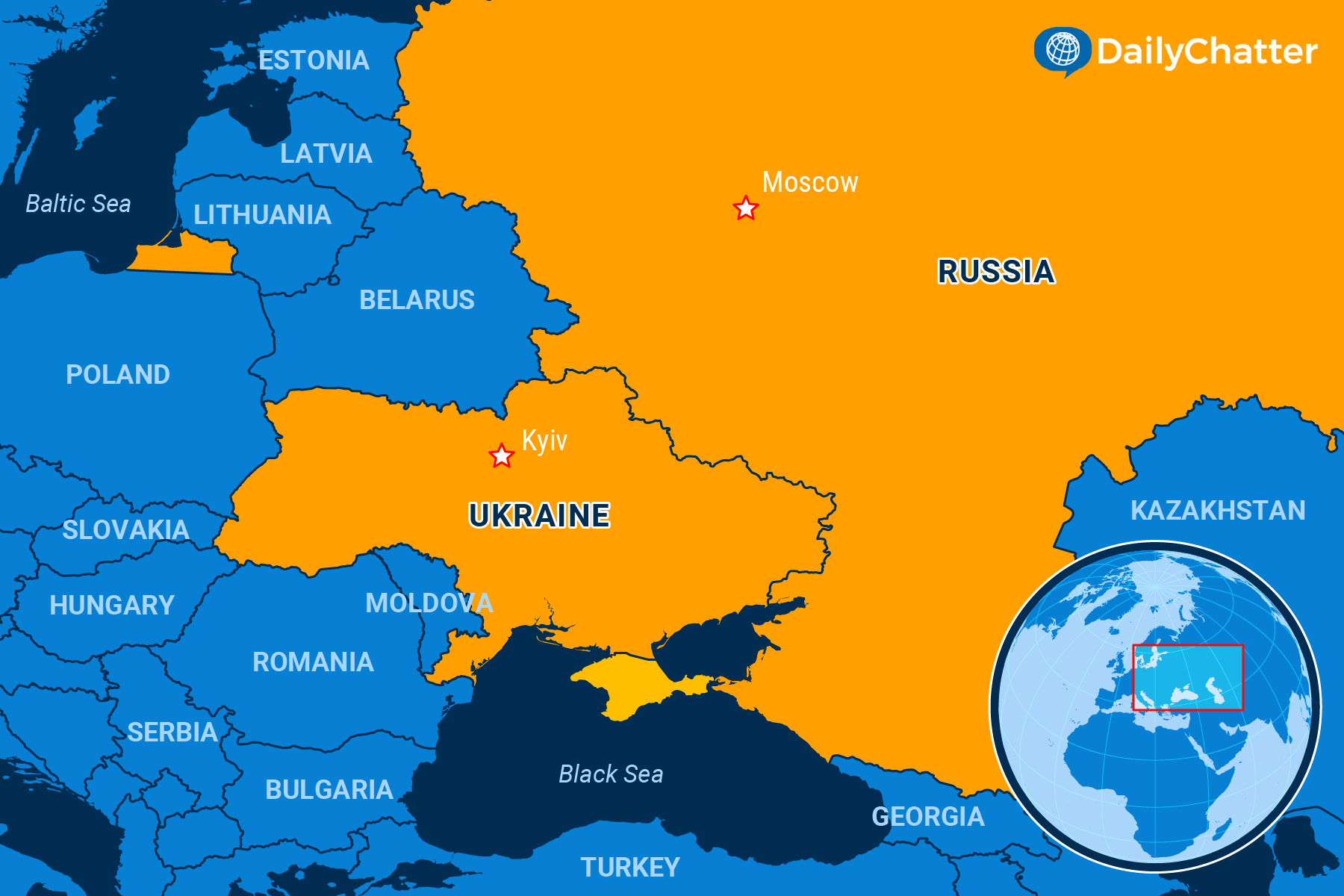Ukraine, Briefly

This week, Russian forces increased their attacks in eastern Ukraine, particularly in the industrial town of Avdiivka, as they seek territorial gains before the year’s end, Agence France-Presse noted. Avdiivka is strategically important but is surrounded on almost three sides by Russian troops. Ukrainian forces, resisting bombardment, continue to control a vital supply road. Recent weeks reportedly saw some of the highest Russian casualty rates. The conflict’s human toll is escalating, with Moscow seemingly willing to deploy “unlimited” soldiers. In a separate claim, Russia asserted control over Khromove, near Bakhmut, while both sides reported downing enemy drones and missiles. Despite minimal shifts in the frontline in 2023, the fighting remains fierce. Meanwhile, Ukraine anticipates increased attacks on its energy infrastructure, fearing a repeat of last winter’s tactics. State-owned electricity transmission operator Ukrenergo reported an electricity shortage amid efforts to reconnect villages after recent storms. On the diplomatic front, the US Secretary of State Antony Blinken affirmed ongoing support for Ukraine during a NATO meeting, addressing concerns about wavering Western commitment.
Also this week:
- Russia launched its biggest drone strike on the Ukrainian capital since it began its invasion of Ukraine in February 2022, an attack that came as Kyiv was commemorating the Holodomor famine, the BBC reported. More than 75 drones of Iranian manufacture were fired over a period of six hours. Russia’s missile stocks are decreasing, so Moscow is now using cheaper but slower drones. In last week’s attack, these were all intercepted by Ukrainian air defense, except for one, injuring five people, Kyiv’s mayor Vitaliy Klitschko said. Ukraine’s President Volodymyr Zelenskyy remarked that the drone attack took place as the country commemorated the 1932-1933 Great Famine, known as the Holodomor, under Joseph Stalin’s authoritarian rule over the Soviet Union that led to the death of more than four million Ukrainians.
- Russia plans to require foreign visitors to sign an agreement forbidding them from criticizing the country’s history and government as well as behaviors breaching so-called “family values,” Reuters reported. The draft bill introducing a “loyalty agreement” comes as Moscow prepares for next year’s presidential election, where President Vladimir Putin is expected to campaign on the framing of the Ukraine war as a battle of ideologies with the West’s “decadence.” Should the law pass, foreigners will be not able to discuss either the Soviet Union’s wrongdoings or the current government’s domestic and foreign policies. While it is unclear which visitors this would concern and what sanctions they would face, a lawmaker said the legislation was at an advanced stage.
- Russia’s Supreme Court has declared the “international LGBT public movement” to be an extremist organization, banning its activities nationwide, the BBC wrote. The decision follows a motion from the justice ministry, despite the absence of such an organization as a legal entity. The closed-door hearing resulted in a ban on the movement’s activities in Russia, escalating concerns about the rights of the country’s LGBTQ community. Under Putin’s leadership, Russia has adopted conservative ideologies, depicting LGBTQ activism as a Western threat and arguing that suppressing LGBTQ activities is necessary to protect Russia’s moral fabric. Critics argue this action is linked to the upcoming presidential election in March, with authorities creating an artificial enemy to appeal to conservative and anti-Western sentiments. The ban adds to a series of measures against the LGBTQ community in Russia, including laws prohibiting the promotion of “non-traditional sexual relations” and the removal of references to LGBTQ people from various forms of media.

Subscribe today and GlobalPost will be in your inbox the next weekday morning
Join us today and pay only $32.95 for an annual subscription, or less than $3 a month for our unique insights into crucial developments on the world stage. It’s by far the best investment you can make to expand your knowledge of the world.
And you get a free two-week trial with no obligation to continue.
